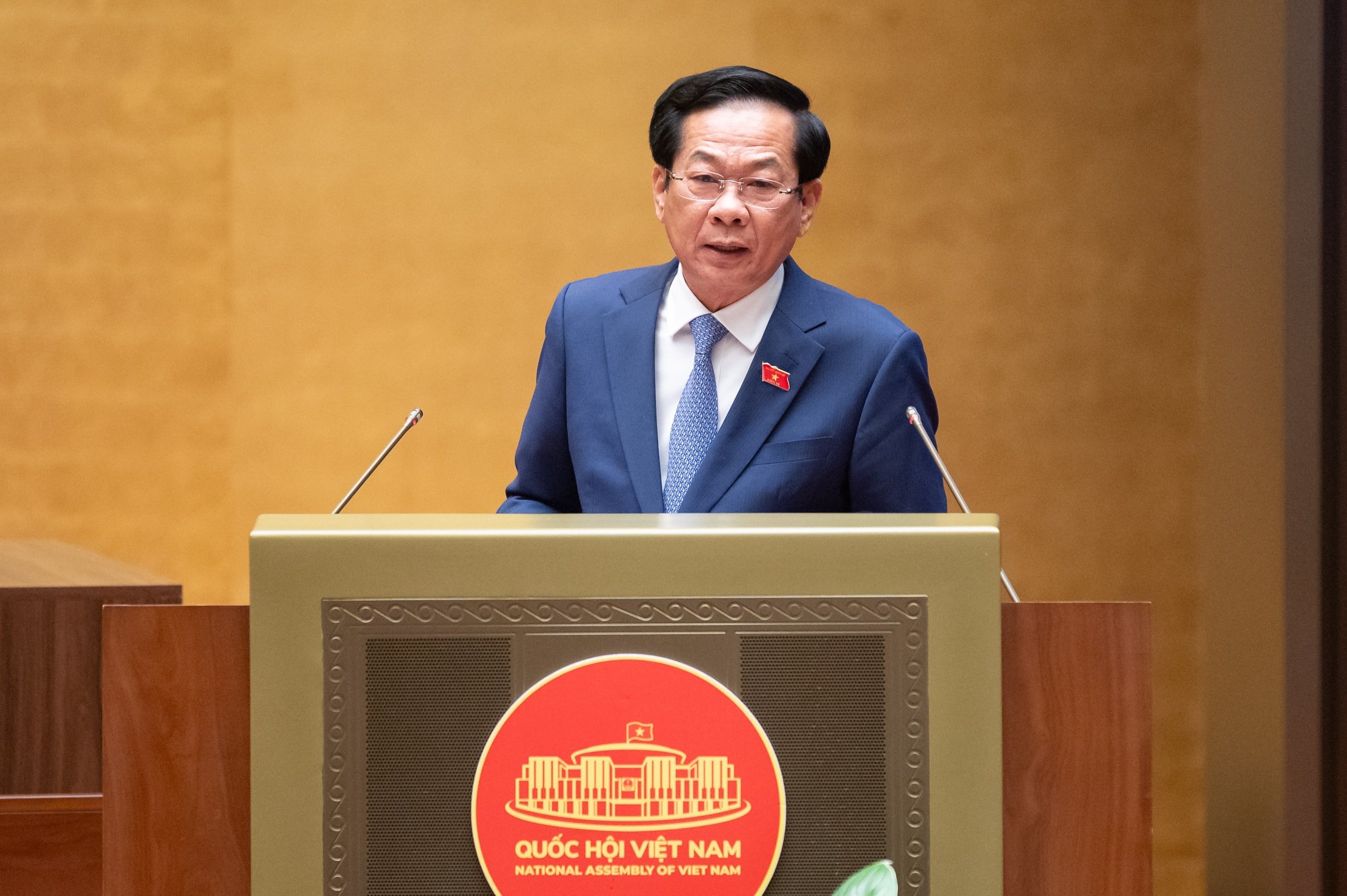
Avoid taking advantage of and formalizing recruitment methods.
National Assembly Deputy Nguyen Thi Thu Ha ( Quang Ninh ) said that the draft Law on Public Employees has demonstrated innovation in the management and use of public employees, in line with the requirements of reforming the public service regime, civil servants, public employees and the trend of autonomy of public service units, overcoming many limitations compared to the current law. However, some regulations need to be studied more carefully, such as the mechanism for receiving experts and talented people from the non-public sector; there should be transparent criteria, avoiding taking advantage to recruit relatives or formalization.
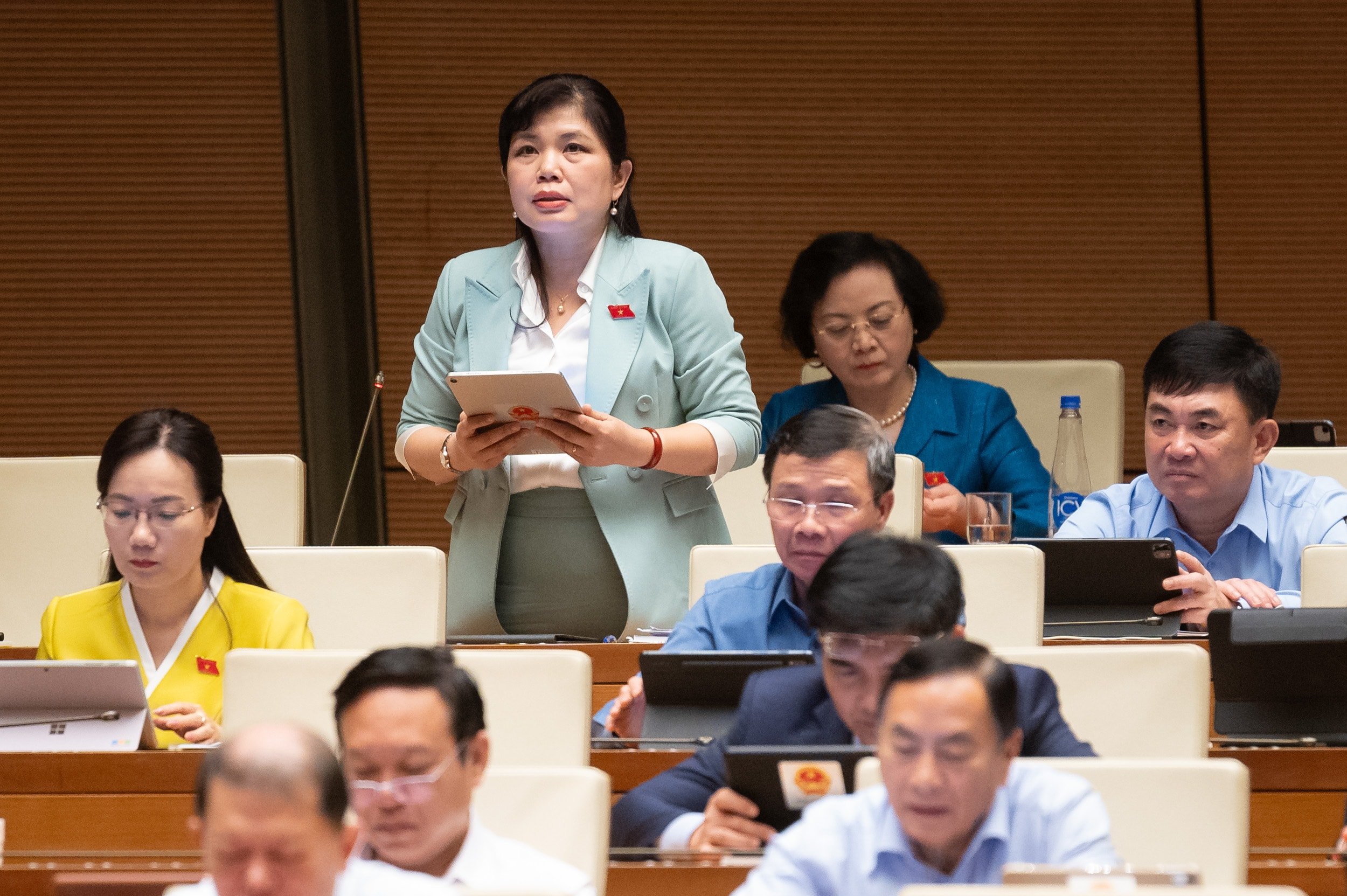
Regarding civil servant recruitment, delegate Nguyen Thi Thu Ha said that the draft Law has many important new points, including the abolition of the probationary system and the expansion of the target group for civil servant recruitment, which is an open mechanism to invite high-quality human resources, experts, scientists or people with extensive experience from the non-public sector, who can fill the gap in management capacity and professional skills that the public sector still lacks through contracts, even with foreigners.
However, to ensure feasibility, it is necessary to clearly define the concept and mechanism of job transfer for civil servants, public employees and those working in agencies within the political system when transferring to become civil servants, in order to make procedures transparent and ensure personnel connectivity between areas within the political system. Research on expanding the autonomous recruitment mechanism for public service units with the ability to be fully financially autonomous in parallel with the post-inspection mechanism of competent state agencies to ensure transparency and avoid negativity.
Regarding the form of receiving high-quality human resources, delegate Nguyen Thi Thu Ha suggested that it is necessary to have more specific regulations on standards, criteria and appraisal processes to avoid exploitation and ensure fairness and objectivity.
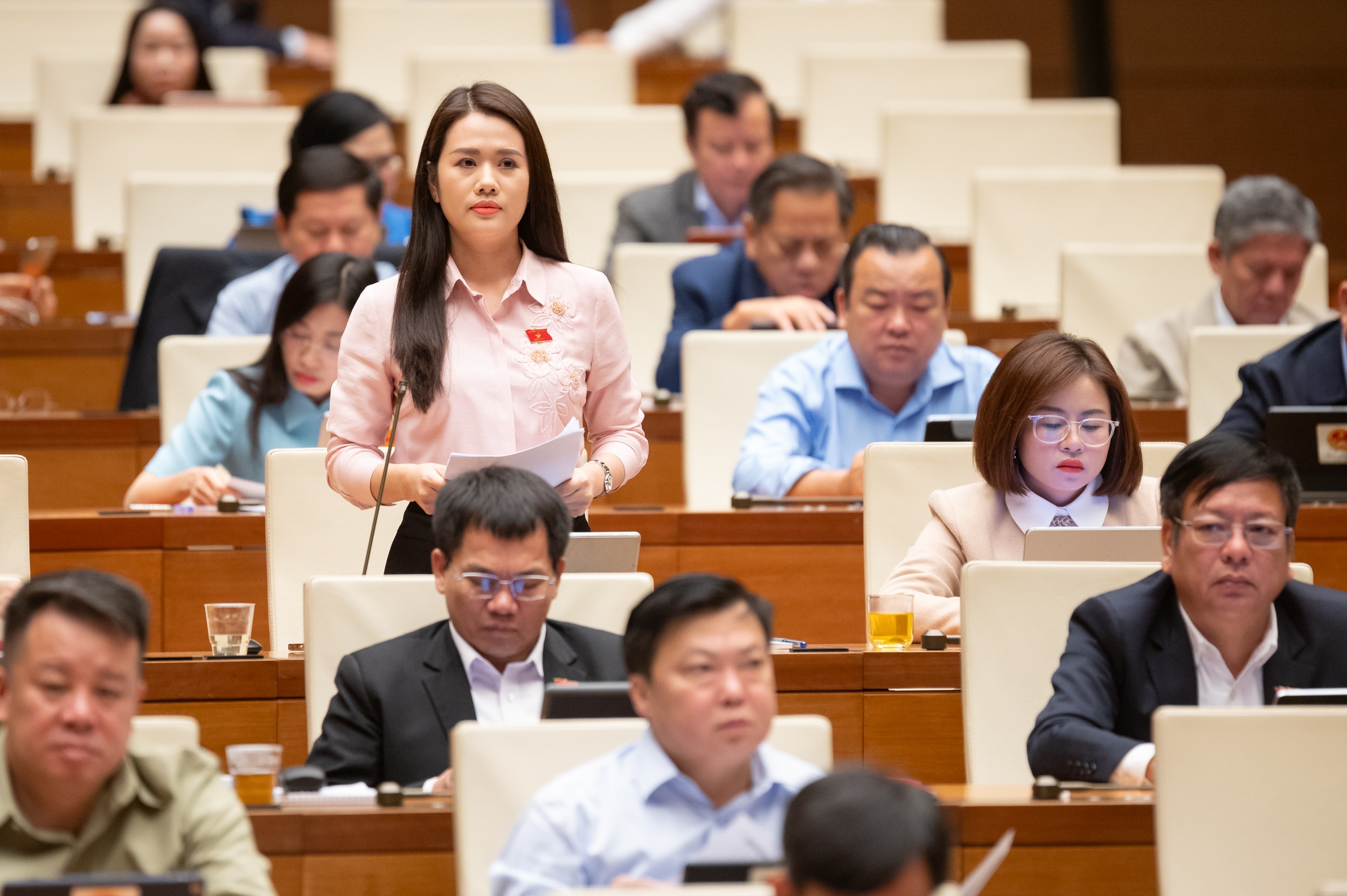
National Assembly Deputy Vuong Thi Huong (Tuyen Quang) also proposed to study the removal of the separate regulation on the form of "reception" in civil servant recruitment and integrate this content into the form of "examination". Accordingly, for special cases such as experts, scientists, talented people, or people under contract to do professional work in public service units, recruitment can be carried out through a special selection mechanism based on specific criteria and conditions specified in detail by the Government.
Transparency in evaluation, management and development of staff
Regarding the evaluation of civil servants in Article 24, National Assembly Deputy Le Thanh Hoan (Thanh Hoa) suggested that in order to evaluate and classify the quality of civil servants in a practical and effective manner, avoiding emotional and general situations, it is necessary to supplement a multi-dimensional evaluation mechanism for a number of specific fields; develop a set of framework indicators issued by the Government. For the Regulation, it is necessary to clearly identify specific products associated with each job position, with clear, transparent, quantifiable criteria, and determine the percentage of work completion associated with professional ethics, sense of responsibility, and level of satisfaction of people and businesses in accordance with the nature, characteristics, and specificities of the industry and field.
Clause 1, Article 25 stipulates 4 levels of classification of civil servant quality, including: excellent completion of tasks; good completion of tasks; completion of tasks; and failure to complete tasks. However, at Point c, Clause 2, Article 25 stipulates that: competent authorities are entitled to "consider and arrange to a suitable job position at a lower level or dismiss in cases of failure to complete tasks or failure to meet task requirements".
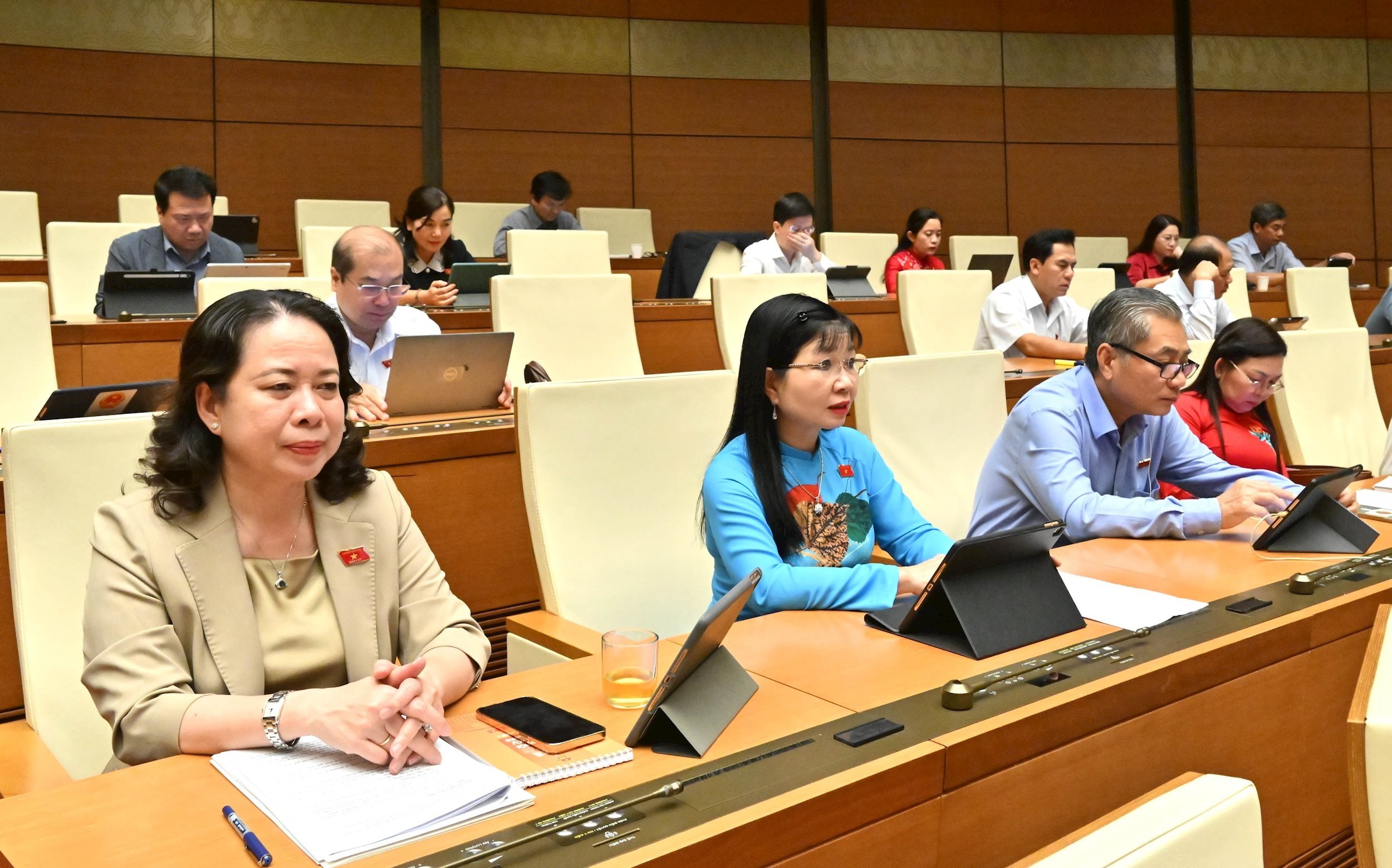
According to the delegate, adding the phrase "not meeting task requirements" is not really reasonable and does not have a clear legal basis.
In the system of evaluating and classifying the quality of civil servants as stipulated in Clause 1, Article 25, there is no level of “not meeting task requirements” but only “not completing tasks”. Therefore, if this phrase is added in the same article, it will create an internal contradiction, making the application process and determining the basis for handling difficult.
Clause 2, Article 25 stipulates: the results of periodic or annual quality assessment and classification are the basis for competent authorities to decide on training, planning, appointment, reward, and dismissal. Delegate Vuong Thi Huong said that if the criterion of "not meeting task requirements" is stipulated but not clearly defined, without specific quantifiable criteria, there will be a lack of basis for implementation in practice, which may lead to arbitrary and opaque application, affecting the legitimate rights and interests of civil servants, easily leading to complaints and lawsuits, causing difficulties in personnel management. Therefore, the delegate proposed to remove the phrase "not meeting task requirements" at Point c, Clause 2, Article 25 of the draft Law.
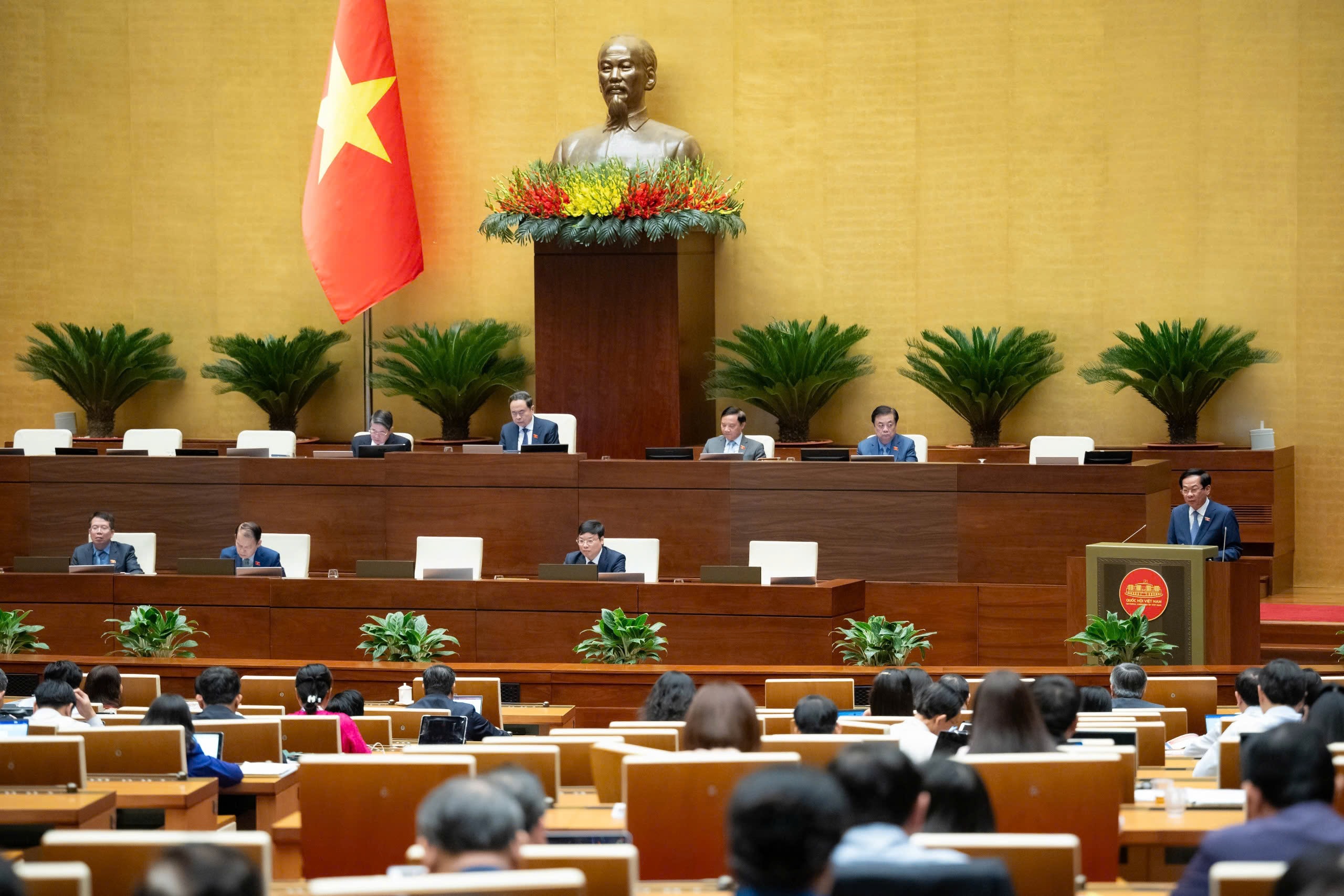
Receiving and explaining the opinions of National Assembly deputies, Minister of Home Affairs Do Thanh Binh stated that the Ministry will review and adjust to ensure the principle of creating maximum conditions for civil servants in professional activities; at the same time, ensuring transparency, avoiding conflicts of interest and policy exploitation. The Ministry of Home Affairs will also review and adjust to stipulate the principles and authority to evaluate civil servants to ensure regular, continuous, multi-dimensional based on results, service quality and people's satisfaction; apply digital technology, build a national database on civil servants to ensure publicity and transparency in evaluating, managing and developing the civil servant team.
Source: https://daibieunhandan.vn/bao-dam-quan-ly-tuyen-dung-vien-chuc-thuc-chat-hieu-qua-10395535.html





![[Photo] Deep sea sand deposits, ancient wooden ship An Bang faces the risk of being buried again](https://vphoto.vietnam.vn/thumb/1200x675/vietnam/resource/IMAGE/2025/11/13/1763033175715_ndo_br_thuyen-1-jpg.webp)


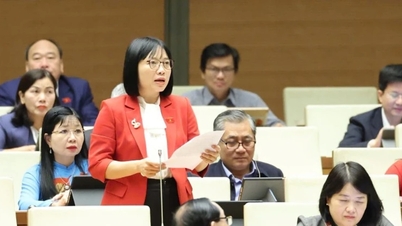

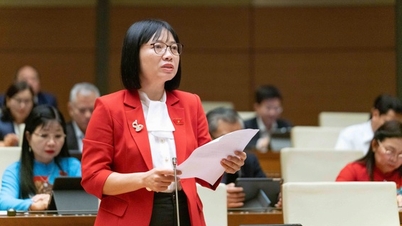

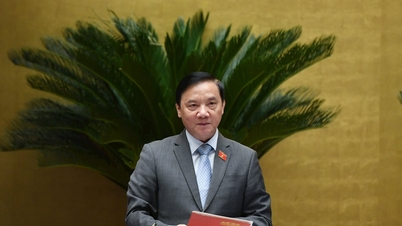








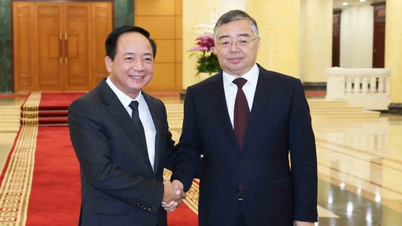

![[Video] Digital enterprises contribute ideas to the 14th Congress documents: Expectations for an open data corridor and unified digital infrastructure](https://vphoto.vietnam.vn/thumb/402x226/vietnam/resource/IMAGE/2025/11/13/1763046079638_doanh-nghiep-so-5650-jpg.webp)
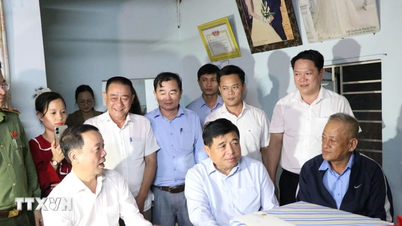

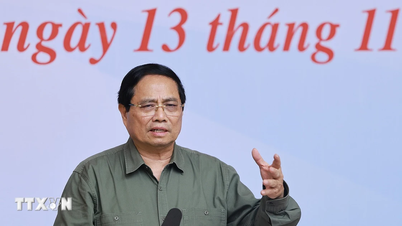
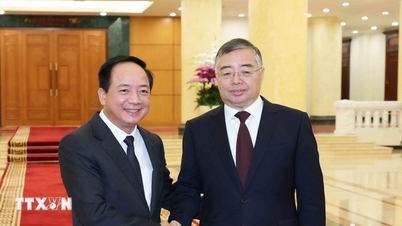






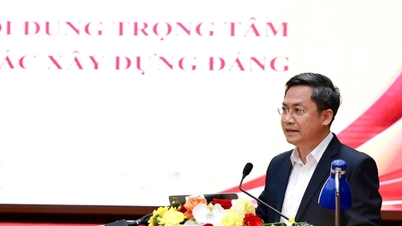
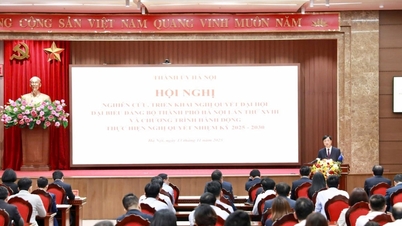



































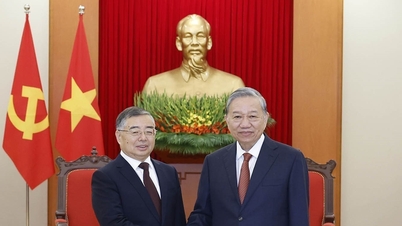
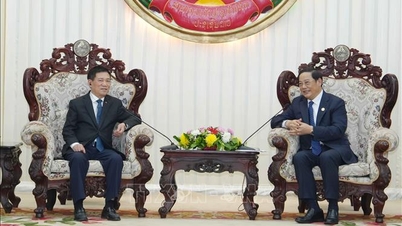






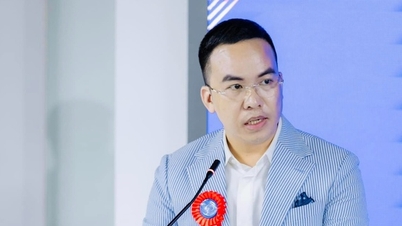


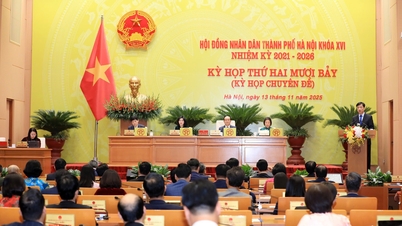

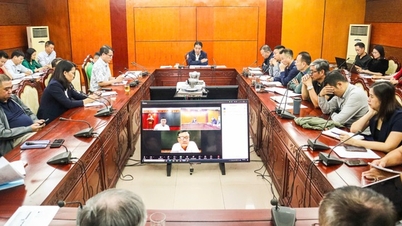

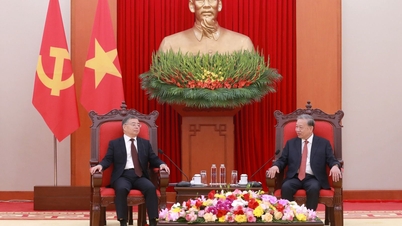


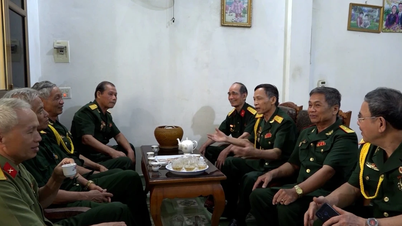


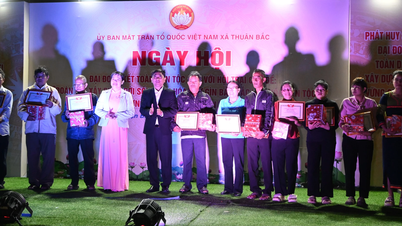
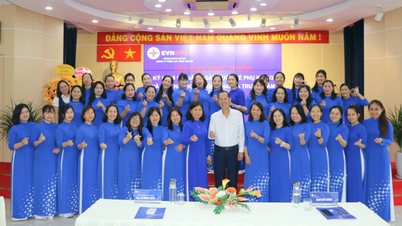
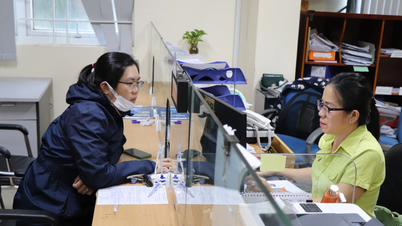





![Dong Nai OCOP transition: [Article 3] Linking tourism with OCOP product consumption](https://vphoto.vietnam.vn/thumb/402x226/vietnam/resource/IMAGE/2025/11/10/1762739199309_1324-2740-7_n-162543_981.jpeg)







Comment (0)